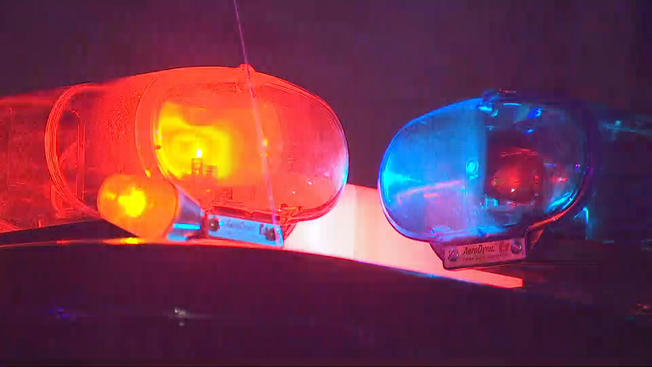Automakers have long said better infrastructure is needed to take advantage of the technology they can provide.
It's like having the best TV on the block, but no electrical outlets in your home.
So on Tuesday, city officials announced a plan to ensure Southern California will be ready for plug-in electric vehicles by fall 2010. The city and a network of partners plan to upgrade 400 existing charging stations around the region and add 100 more.
"We are transforming the Los Angeles region into the capital of the electric car,'' Mayor Antonio Villaraigosa said at the L.A. Auto Show, which opens to the public on Friday.
The plan -- dubbed the "Electric Vehicle Plug-In Readiness Plan'' -- requires collaboration among the cities of Los Angeles, Burbank, Pasadena, Santa Monica and Santa Ana; car companies Nissan, Ford and GM; and the non- profit organizations California Electric Transportation Coalition and the Electric Research Power Institute.
"This agreement will increase the number of electric vehicles on the road which means less pollution, a decreased reliance on costly oil, and new jobs -- which is exactly what California needs right now,'' said Gov. Arnold Schwarzenegger.
The Los Angeles Department of Water and Power, Southern California Edison and Southern California Public Power Authority -- all utilities -- and the South Coast Air Quality Management District are also participating in the effort.
Local
Get Los Angeles's latest local news on crime, entertainment, weather, schools, COVID, cost of living and more. Here's your go-to source for today's LA news.
Together, they want to build infrastructure and support systems for electric vehicles scheduled to launch in fall 2010. Their plan includes an information campaign about the benefits of electric vehicles, and incentives to persuade people to buy cars that they can charge in their own homes.
Among the incentives being considered are tax rebates, preferential parking, rebates for home charger installation, and discounted charging rates for off-peak hours.
Cities must also revise building codes, standards and ordinances, and streamline the process for securing building permits, in order to facilitate the construction of new electric charging locations and renovate existing ones.
Utilities, meanwhile, were tasked with collaborating with cities on fleet acquisition plans, and with developing a streamlined customer service process.



